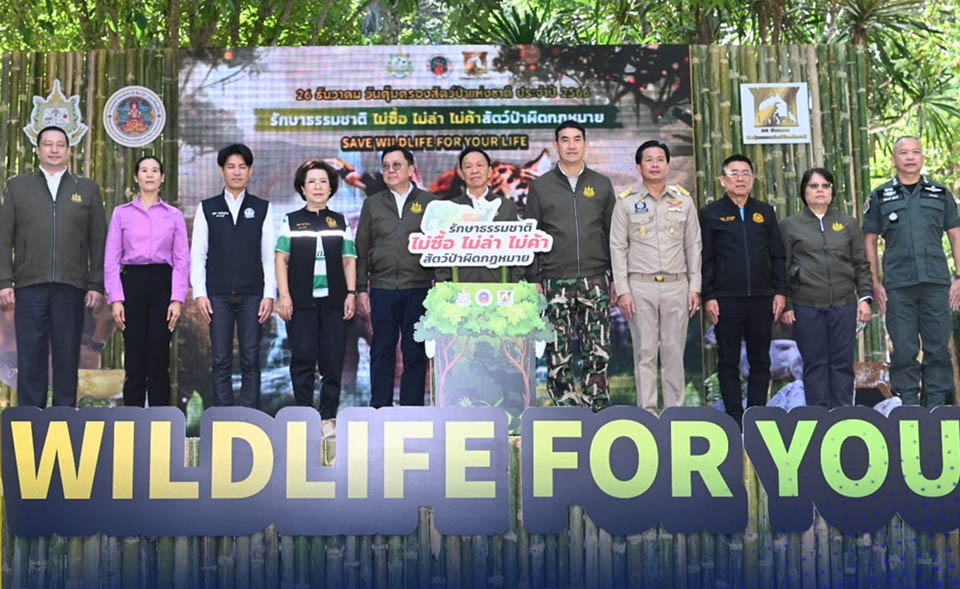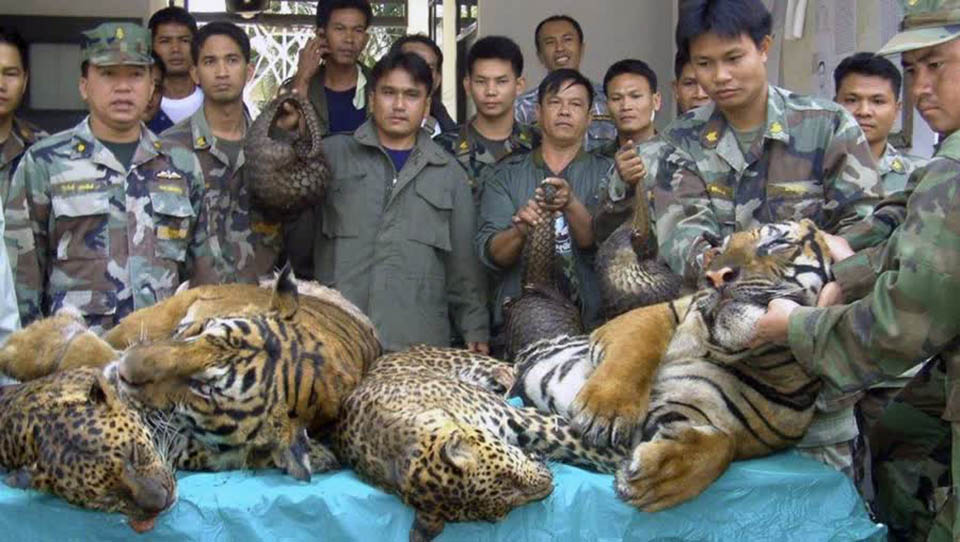
The Department of National Parks, Wildlife, and Plant Conservation (DNP) has announced plans to strengthen its borders with neighboring countries in a move to combat wildlife trafficking. This initiative coincides with National Wildlife Protection Day, underlining Thailand’s commitment to preserving its rich biodiversity.
Narongrit Sookprakan, the director of the department’s wildlife border section, revealed a collaborative approach involving various state agencies. These include the Royal Thai Police, the Department of Agriculture, the Department of Fisheries, and the Department of Livestock Development. The focus is on key provinces prone to trafficking, such as Chiang Rai, Nong Khai, Songkhla, and Trat.
The announcement was made at a seminar on wildlife crime suppression held at the Khao Pathab Chang Wildlife Rescue Center in Ratchaburi’s Chom Bung district. This event also featured snake safety training for students, highlighting the educational aspect of wildlife conservation.
Polavee Buchakiat, director of the newly-formed Wildlife Crime Intelligence Center, stressed the center’s role in gathering information on wildlife trade networks. The center’s intelligence-driven approach is a critical component in thwarting illicit activities along Thailand’s borders.
Watcharin Phusit, director of the Natural Resources and Environmental Crime Division, emphasized the importance of international cooperation in tackling wildlife trafficking. By fostering partnerships between domestic and global agencies, Thailand aims to play a pivotal role in safeguarding wildlife not only within its borders but also in the broader Southeast Asian region. (NNT)








